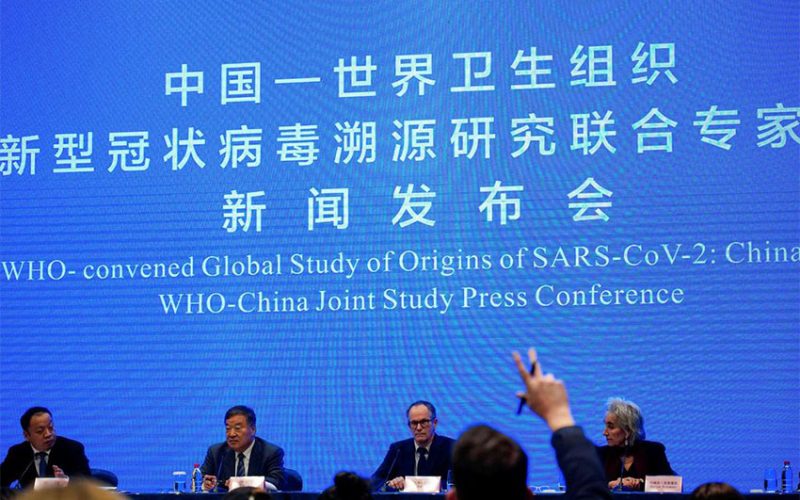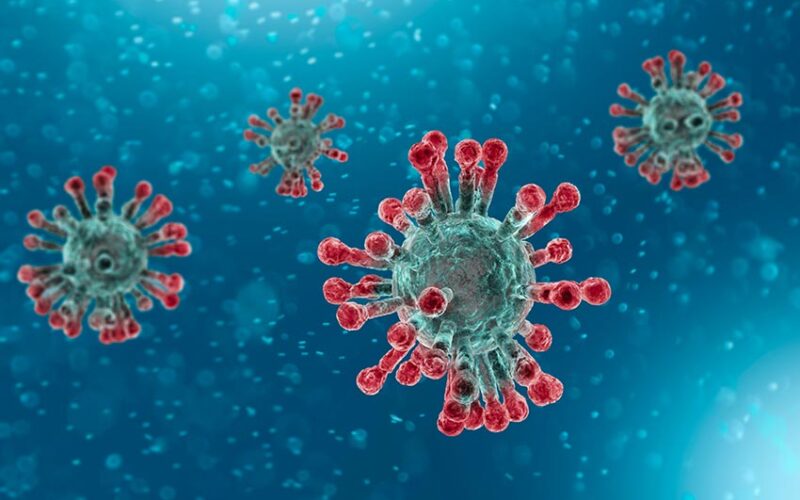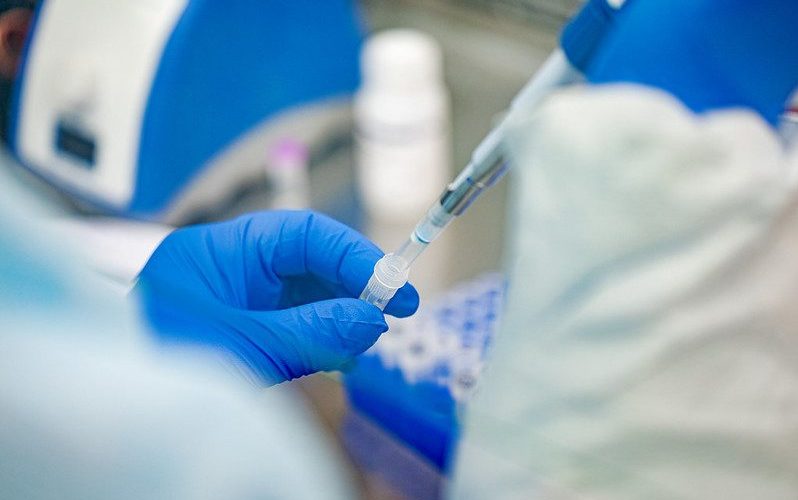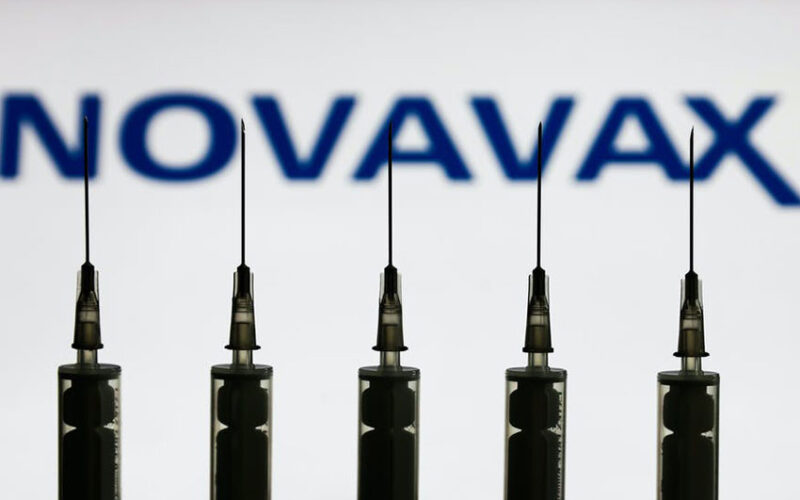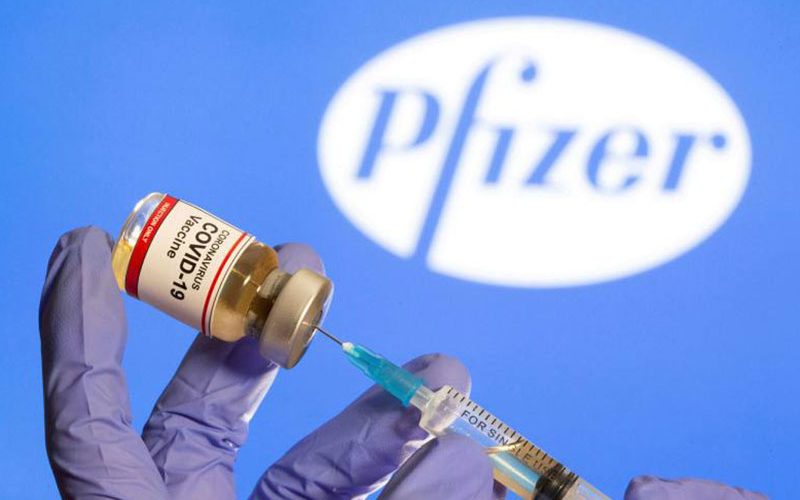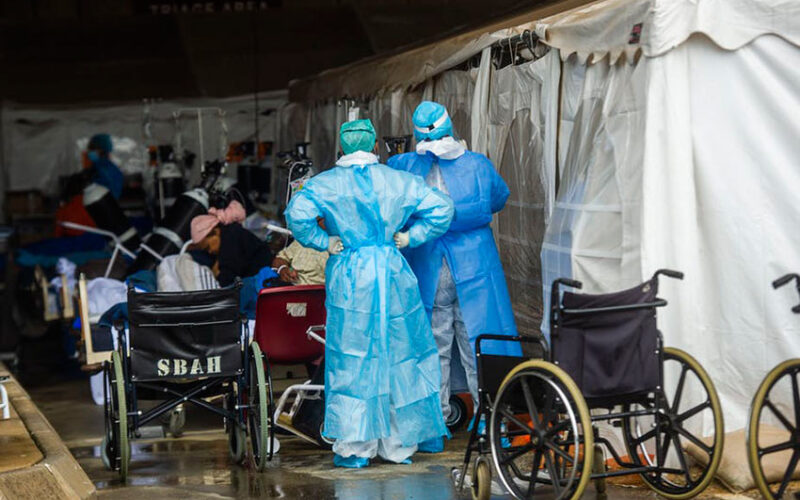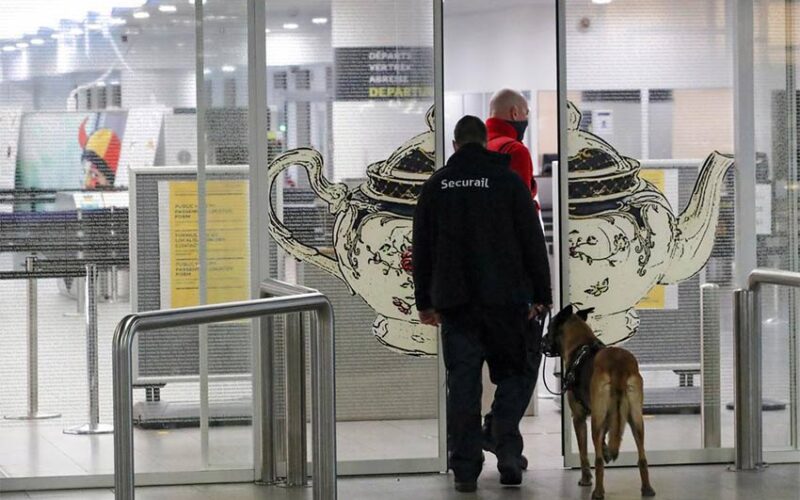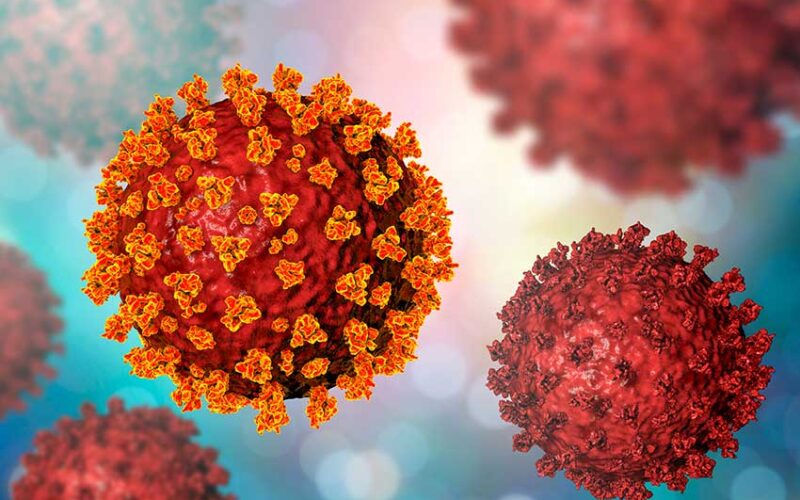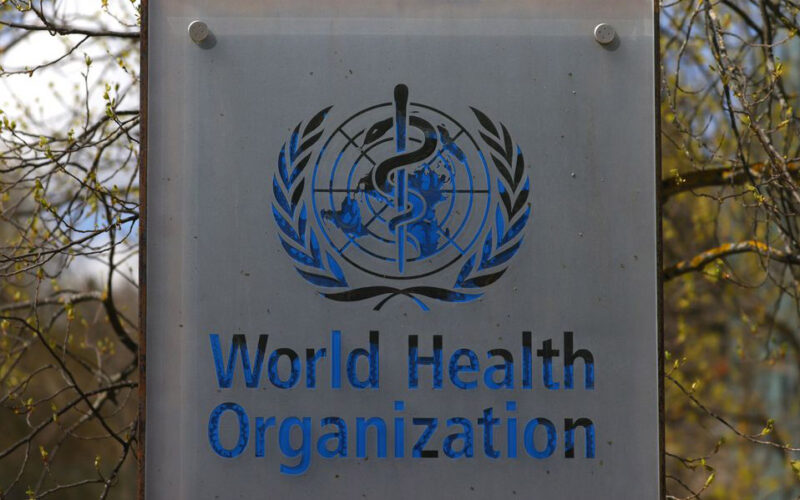
Hard-won gains at risk as Delta variant spreads- WHO
STEPHANIE NEBEHAY and MICHAEL SHIELDS THE world is at risk of losing hard-won gains in fighting COVID-19 as the highly transmissible Delta variant spreads, but WHO-approved vaccines remain effective, the World Health Organization has warned. The U.S. Centers for Disease Control and Prevention (CDC) has described the Delta variant of the coronavirus as being as transmissible as chickenpox and cautioned it could cause severe disease, the Washington Post said, citing an internal CDC document. COVID-19 infections have increased by 80% over the past four weeks in most regions of the world, WHO director-general Tedros Adhanom Ghebreyesus said. Deaths in Africa…

